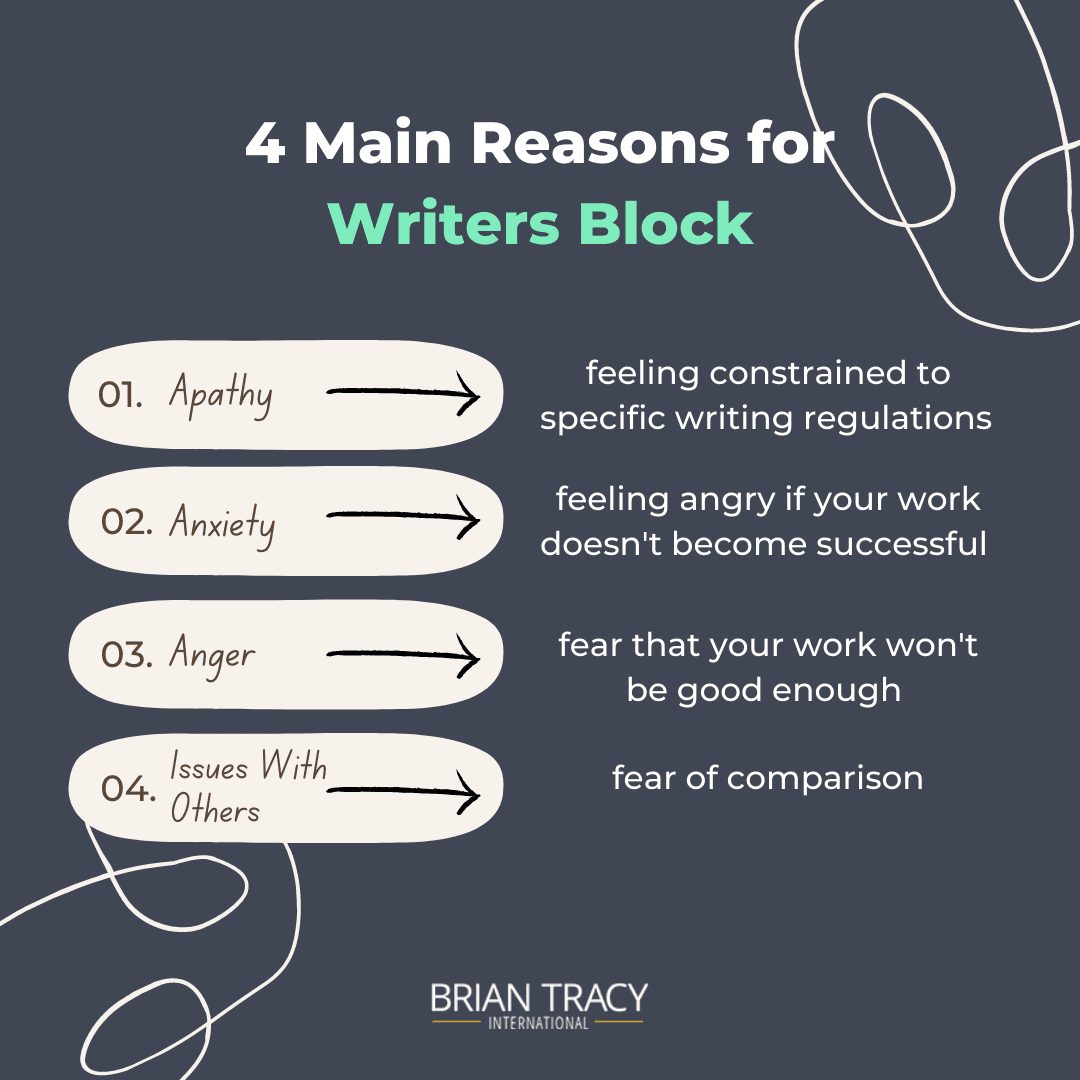Writing Challenges
by Admin
Posted on 02-07-2025 08:47 AM

Understanding Writing Challenges
Writing challenges are obstacles that hinder an individual's ability to write effectively. These challenges can be broadly categorized into two types: internal and external. Internal challenges refer to personal factors such as lack of motivation, poor writing habits, and limited vocabulary, while external challenges include factors such as tight deadlines, lack of resources, and distractions. Understanding the type of Writing Challenges one is facing is crucial in developing an effective strategy to overcome it.
Identifying Common Writing Challenges
Some common writing challenges include writer's block, procrastination, and difficulty in organizing thoughts. Writer's block is a condition where a writer is unable to come up with new ideas or make progress on a writing project. Procrastination, on the other hand, refers to the habit of delaying or putting off writing tasks until the last minute. Difficulty in organizing thoughts is another challenge that many writers face, making it hard for them to structure their ideas and convey them effectively.
Overcoming Writer's Block
To overcome writer's block, it is essential to establish a regular writing routine and create a conducive writing environment. This can involve setting aside a specific time and place for writing, free from distractions and interruptions. Additionally, engaging in activities that stimulate creativity, such as reading, brainstorming, and mind mapping, can help generate new ideas and get the writing process started.
Strategies for Effective Writing
Developing effective writing strategies is crucial for overcoming writing challenges. These strategies include creating an outline, setting writing goals, and seeking feedback from others. An outline helps to organize thoughts and structure ideas, while setting writing goals provides motivation and direction. Seeking feedback from others, on the other hand, helps to identify areas for improvement and refine writing skills.
Building Writing Confidence
Building writing confidence is essential for overcoming writing challenges. This involves developing a positive attitude towards writing, acknowledging strengths and weaknesses, and being open to learning and improvement. It also requires practicing writing regularly, taking risks, and stepping out of one's comfort zone. By building writing confidence, individuals can overcome their fears and anxieties, and develop the skills and motivation needed to write effectively.
The Importance of Practice
Practice is a crucial element in building writing confidence. The more one writes, the more comfortable and confident they become. Practice involves writing regularly, experimenting with different styles and genres, and seeking feedback from others. It also involves learning from mistakes, embracing failures, and using them as opportunities for growth and improvement.
Overcoming External Writing Challenges
External writing challenges, such as tight deadlines and lack of resources, can be overcome by developing effective time management skills, seeking support from others, and being resourceful. This involves prioritizing tasks, creating a schedule, and sticking to it. It also involves seeking help from colleagues, friends, or mentors, and being open to new ideas and perspectives.
Managing Time Effectively
Managing time effectively is crucial for meeting deadlines and overcoming external writing challenges. This involves creating a schedule, setting realistic goals, and avoiding procrastination. It also involves learning to say no to non-essential tasks, avoiding distractions, and staying focused on the writing task at hand.
Conclusion
Writing challenges are a common obstacle that many individuals face, regardless of their profession or background. However, by understanding the types of challenges, identifying common writing challenges, and developing effective writing strategies, individuals can overcome these obstacles and develop the skills and confidence needed to write effectively. Building writing confidence, practicing regularly, and managing time effectively are also essential for overcoming writing challenges and achieving writing success.
FAQs
What is writer's block?
Writer's block is a condition where a writer is unable to come up with new ideas or make progress on a writing project.
How can I overcome procrastination?
To overcome procrastination, set realistic goals, create a schedule, and avoid distractions.
What is the importance of seeking feedback?
Seeking feedback is essential for identifying areas for improvement, refining writing skills, and building writing confidence.
How can I manage my time effectively?
To manage time effectively, create a schedule, set realistic goals, and avoid procrastination.
What is the role of practice in building writing confidence?
Practice is essential for building writing confidence, as it involves writing regularly, experimenting with different styles and genres, and seeking feedback from others.
First Novel Navigators
Clara Ashton
